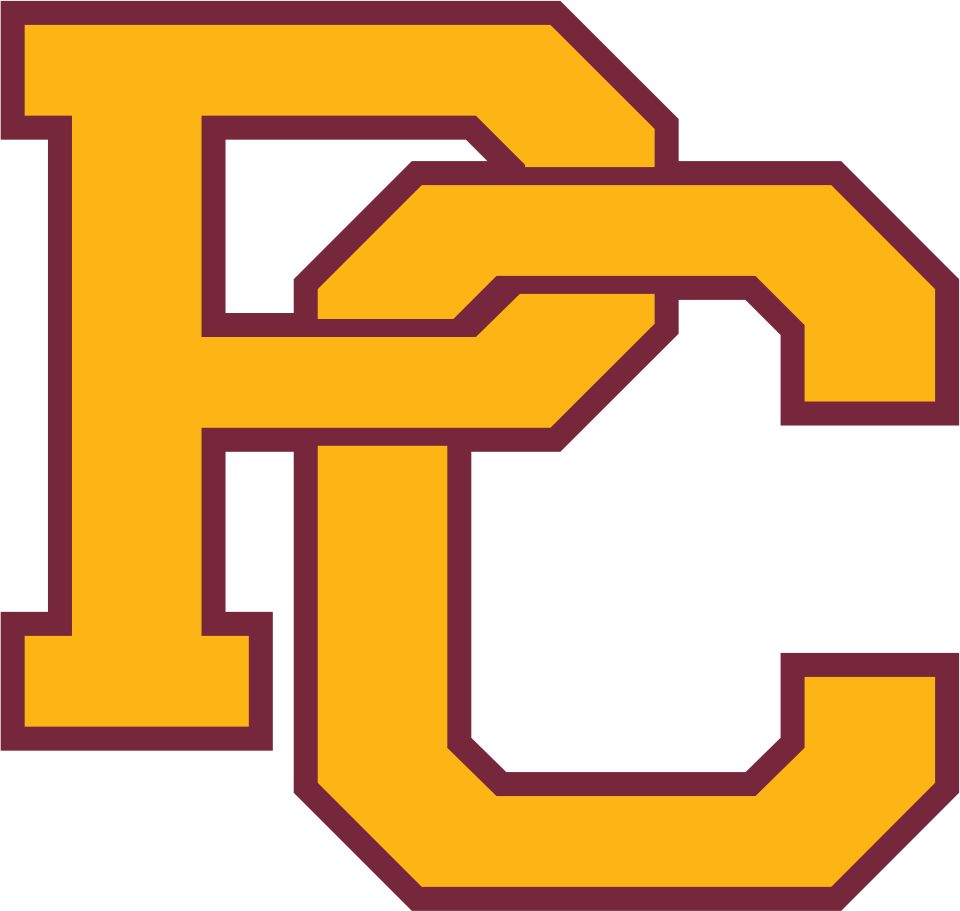Article published in The Press-Dispatch 3/16/22, written by Sherri Sabella:
Pike County School Corporation (PCSC) Superintendent Dr. Suzanne Blake and Dana Deffendoll, Assistant Superintendent, understand that not every student goes off to college following high school graduation, so the pair has spent a great deal of time making the PCSC Trades Program, one of the best in the state.
PCSC received the news of ranking number one in state for their Career Technology Education program ( CTE), last Fall, which validated what the school corporation was already strong in, according to Deffendoll. During the 2021-2022 school year, PCSC reported 786 student as CTE course completers, according to Deffendoll.
Each CTE district in the state is evaluated by eight core indicators for this ranking. The Governor's Workforce Cabinet ranks CTE districts according to their core indicators. In the most recent rankings, the Patoka Valley CTE Cooperative (which Pike Central is a part of), ranked number one in the state out of 48 districts.
"This ranking system is very new," Deffendoll. "We love to see trades grow. We ranked high in our graduation rate and in non-traditional roles, such as women in welding, auto, computer science and males in the food programs. We also ranked very high in the number of CTE students who earned post-secondary credits, which places PCHS graduates at an advantage if they wish to continue their education with a certification or degree. We also exceeded the state average in the percentage of CTE students who showed proficiency in Language Arts, Math, and Science. They want to see the same type of results of those who are going off to college, as those going into the workforce."
PCSC is part of a Vocational Co-op made up of students from PCSC, Dubois County, Spencer County, East Gibson County and Perry County. Some of the classes they offer include Welding, Criminal Justice, Bio-med, Fire & Rescue, Engineering, Construction Trades, Culinary and Hospitality, Marketing, Graphic Design, Agriculture and more. Other courses are also offered through the co-op for students willing to drive to other schools.
Some of the indicators looked at to decide rankings include Four-Year Graduation Rate, Extended-Year Graduation Rate, Academic Proficiency in Language, Academic Proficiency in Math, Academic Proficiency in Science, Post-Program Placement, Non-traditional Program Concentration, Attained Recognized Postsecondary, Attained Postsecondary credits, and Participated in Work-Based Learning.
"Why would we want a blanket path for every student when they are all so different," Deffendoll said. "We are very proud of our programs and would like to develop them further. We like being a part of the co-op so that we can offer them more options. Our teachers cross-train and work together on many projects. Our Bio-Med and Engineering programs have been nationally recognized by Project Lead the Way and we even had students invited to the White House. We have students in welding, agriculture, business, and robotics, who are going to competitions and showcasing their individual talents and the strength of our programs. When you empower students, they can do incredible things. It was always about college readiness, but now it is about college and vocational. The goal should be to explore careers. The state headed in this direction, and I was on board.''

